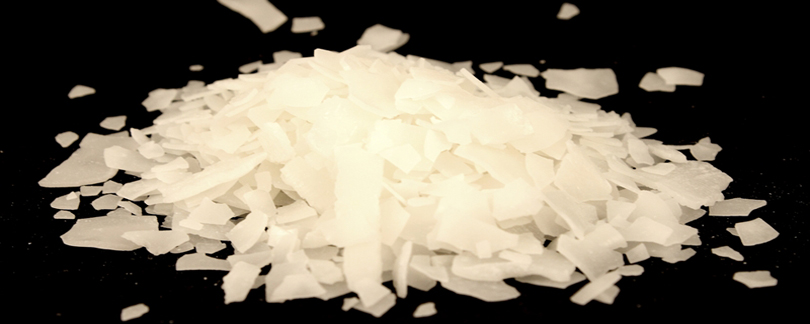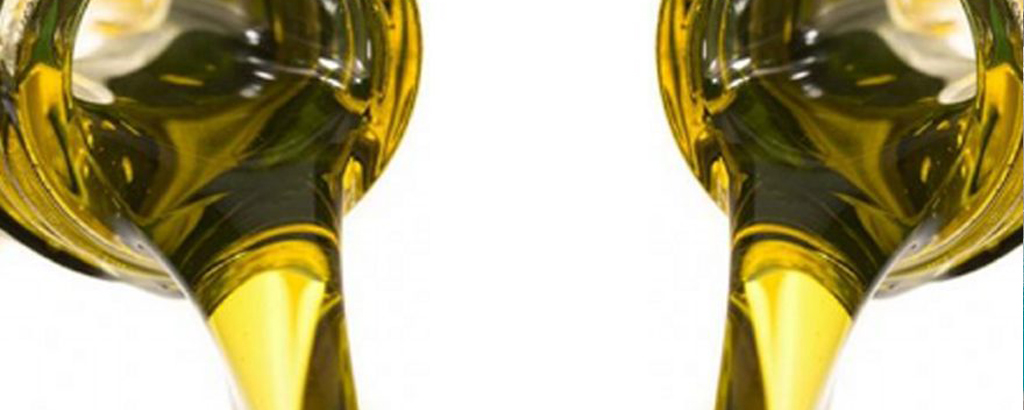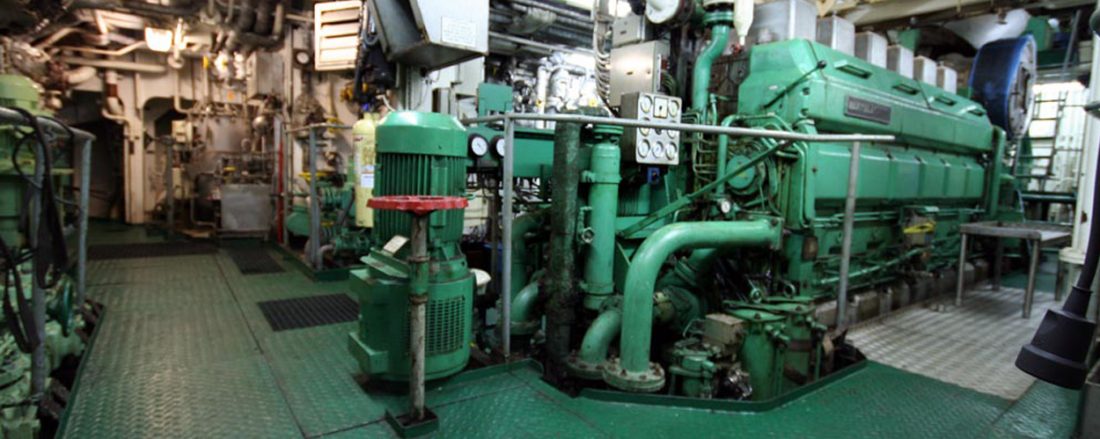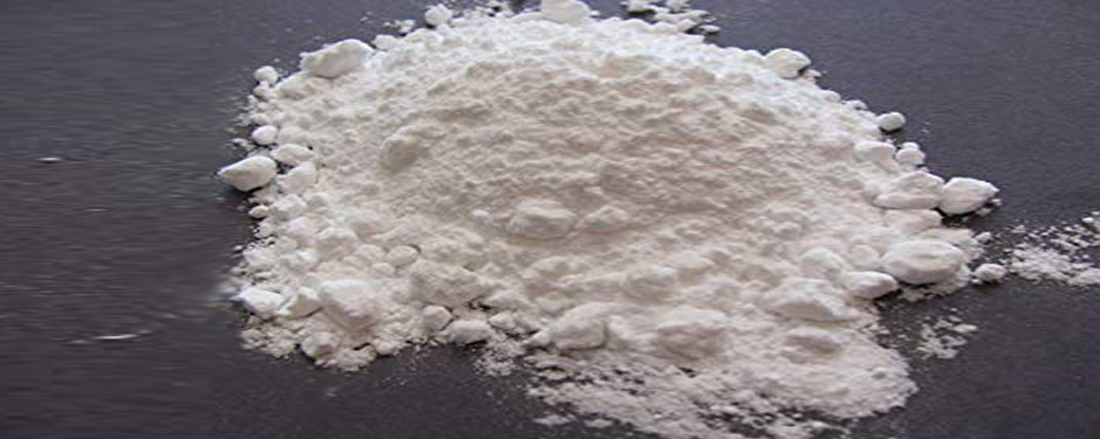WATER FOR HPLC & SPECTROSCOPY
In HPLC analysis, water is essential for use in preparing mobile phases and samples. If impurities are present in a mobile phase, however, they can increase background signals that can increase baseline noise, drift, or cause other phenomena, such as negative peaks or unknown peaks during gradient elution.
HPLC is a technique used to separate, identify, and quantify each component in a mixture. Using a pump, a solvent is pressurized through a column to separate and detect these components. Water is used as the solvent to prepare the standards for the mobile phase of HPLC. With HPLC, water purity is critical.
Water is the reagent used in the largest volumes in Liquid chromatography and its purity is critical, especially in high sensitivity applications. These will require water for sample pre-treatment, such as solid phase extraction, and for the preparation of eluents, reagent blanks and standards.
The short answer is yes, although there is more to the issue. There have been some studies – including from the World Health Organization – that indicate that drinking deionized water may cause people to urinate more and eliminate more electrolytes from the body.









